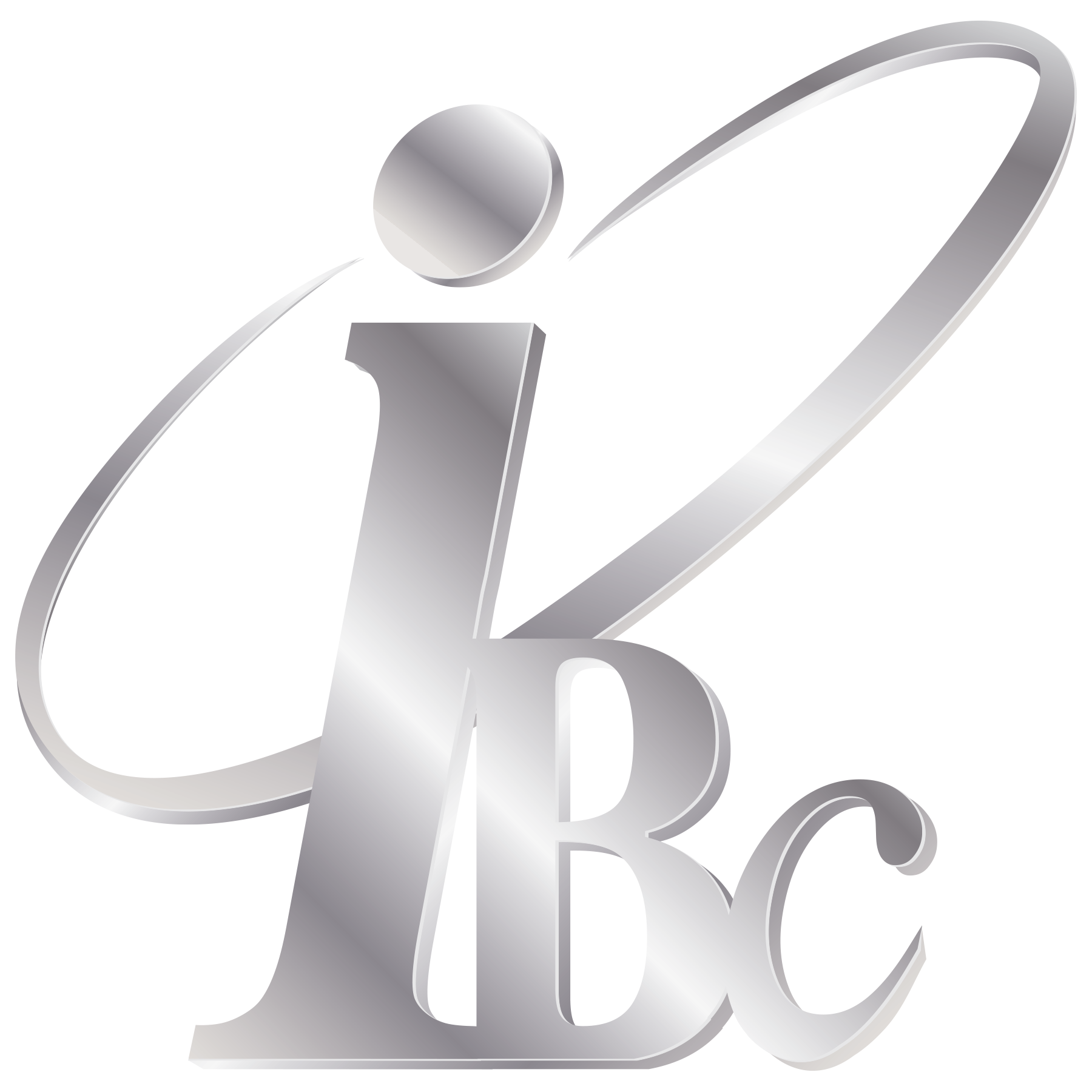Open enrollment is your opportunity to make changes to your employee benefits elections and choose health coverage that will protect you and your loved ones for the year ahead. However, if your employer offers some type of health care or child care savings/spending account, you may be missing out on hundreds — if not thousands — in tax savings for expenses that you will incur over the course of the coming year.
It may be a crazy and stressful time for you as it is nearing the holiday season. And, the last thing you want to think about is renewing and reviewing your insurance policies. We’re here to walk you through the ins and outs of an FSA and HSA so you will feel confident during your open enrollment.
What To Know About an FSA
Why pay tax on the items you need anyway? With a flexible spending account (FSA) you can set aside pre-tax funds to cover everyday, qualified healthcare expenses from copays and out-of-pocket medical costs to eligible healthcare products that assist you to be your best self.
With pre-tax health, there are hundreds of general and specialized healthcare services from primary care to dental visits and eye exams, to so much more. All of this is covered by an FSA.
Many Americans rely on tax-advantaged healthcare accounts like an FSA to cover their annual costs of their qualified expenses. The world of eligibility is ever-evolving and constantly growing to include other products and services that help you every single day. Learn more about an FSA here.
What To Know About an HSA
An HSA is a tax-free healthcare account used together with an HSA-compatible high-deductible health plan to cover out-of-pocket medical expenses. Qualified HSAs can be funded by anyone, can rollover year-after-year and can be used for non-medical expenses without a tax penalty after an account holder reaches Medicare age at 65.
HSAs are only available in tandem with a qualified high-deductible health plan (HDHP) which can help lessen the burden of qualified healthcare expenses now, and serve as a savings vehicle to help cover both medical and non-medical expenses later in retirement. You can also get tax-free savings with your HSA on everyday things like sunscreen, allergy relief products, TENS units, and more.
You can make contributions to your HSA just like you make deposits into your regular savings account, with one big difference: you’ve already paid tax on the money you deposit in your regular savings account. With your HSA, the money you deposit is tax-free if your employer offers this health plan option. The more you contribute, the more your HSA balance can grow when you put it in an interest-bearing account or invest it. And, any gains are yours to keep, tax-free. This growth helps your HSA balance increase faster than a standard savings account – sort of like a 401(k) of healthcare savings.
The best part of an HSA is that it’s a portable asset and keeps for eligible healthcare expenses both now or in the future. That means if you have a change in employment, you get to take your hard-earned, pre-tax contributions with you wherever your journey takes you next.
Contact Our Benefits Administration Professionals
Sitting down and looking through mounds of paperwork and websites, and reading confusing jargon isn’t the most exciting thing in the world. But you shouldn’t let open enrollment wait until it’s too late to make a smart decision. Start by considering how your health plan affects you and your family.
Our team at IBC is happy to serve you. Give us a call at 712-277-2424 or contact us here to learn more about the options at open enrollment. Read more about our benefits administration department here. Our partners at the FSA and HSA Store also offer many resources and tools to help you plan and manage your FSA and HSA dollars.





